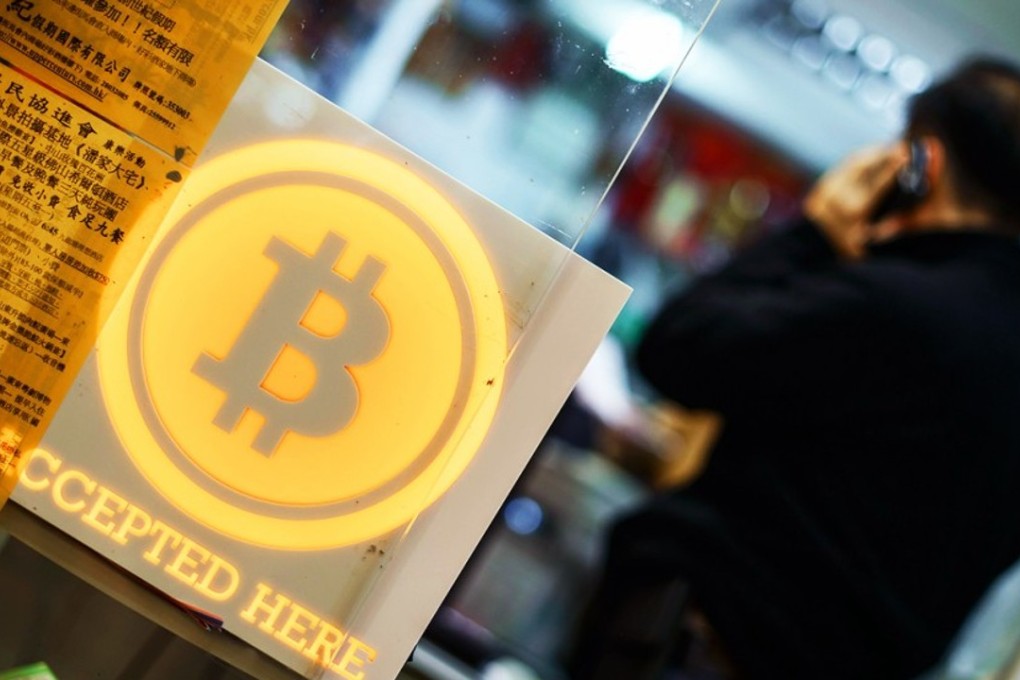Beyond bitcoin: will Hong Kong ‘disrupt’ and shape the future of finance by embracing blockchain technology?
City is looking into how the ledger system underpinning the controversial cryptocurrency could make its financial services sector safer and cheaper

Hong Kong may be moving to adopt blockchain technology, the decentralised ledger system behind the digital currency bitcoin, as the city is now exploring its potential benefits and how the technology could be used to improve its financial services sector.
The initiative follows a recent government report highlighting the technology as a way for the industry to lower costs and improve security.
READ MORE: Pay attention to bitcoin-like technology, Bank for International Settlements tells lenders
A spokesman for the Hong Kong Monetary Authority told the South China Morning Post it “will explore with the industry the potential of blockchain applications in the financial services sector and the possible regulatory implications in due course”.
This comes as Hong Kong’s Steering Group on Financial Technology (Fintech) issued a set of recommendations recently for how blockchain technology could be adopted by the local financial services industry to reduce the number of suspicious transactions and lower transaction costs.
Bitcoin has enjoyed a rocky ride since the peer-to-peer system first emerged in 2008 at the hands of an anonymous creator, or group of creators, known as Satoshi Nakamoto.